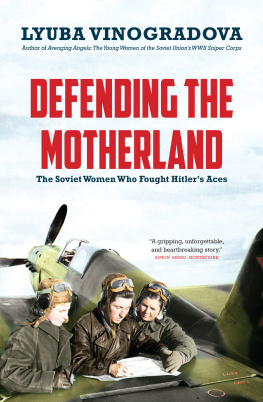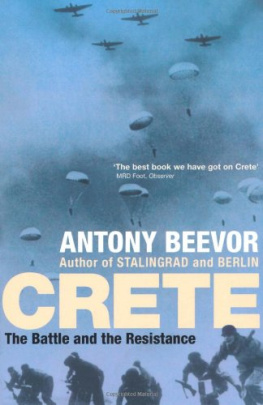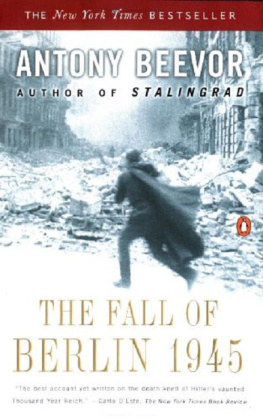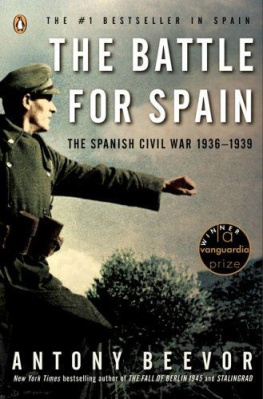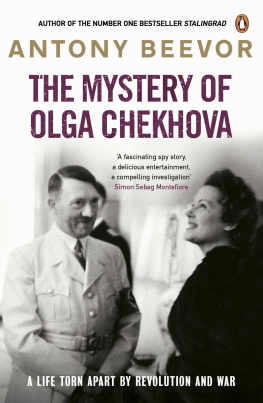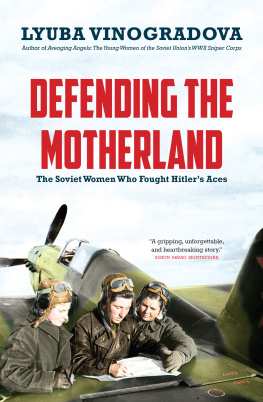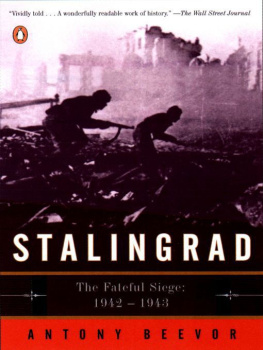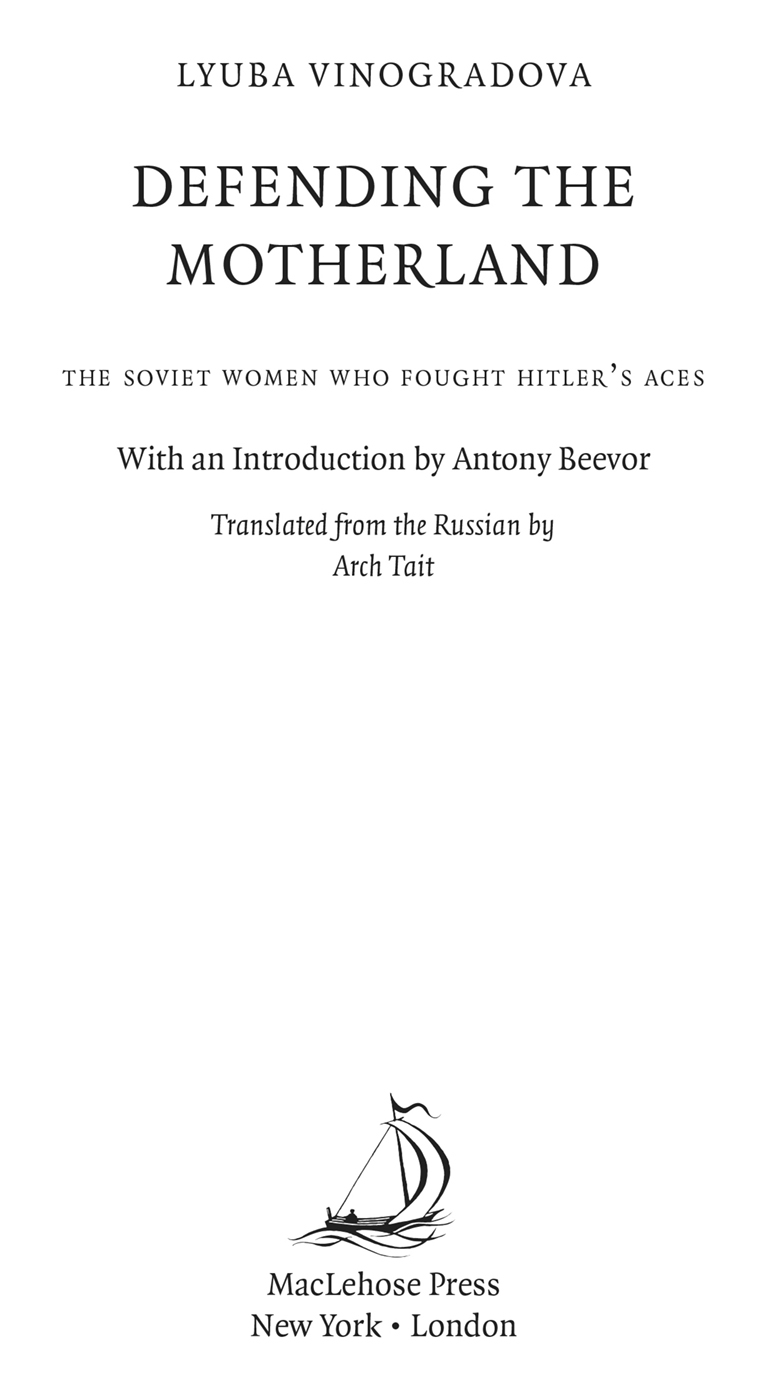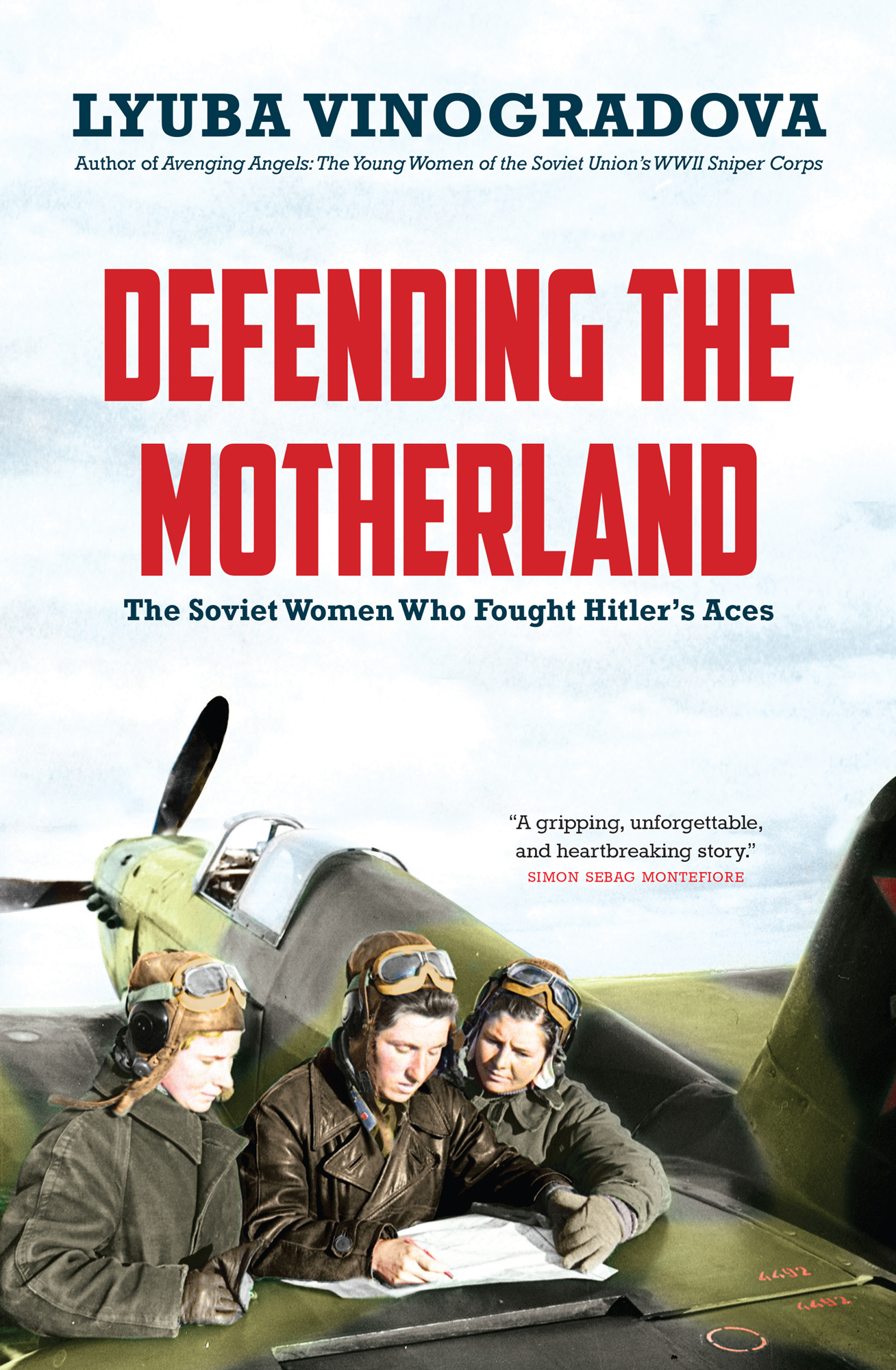
DEFENDING THE MOTHERLAND
Every page evokes in vivid detail what it was like to be a woman at the heart of the male world of aerial combat in Stalins Russia... A feat of historical research and a wonderful, stirring read
RACHEL POLONSKY , author of Molotovs Magic Lantern
Lyuba Vinogradova tells the poignant story of the determined young women who fought and died in the air above Stalingrad and elsewhere in the epic struggle to expel the German invaders... An absorbing and meticulously researched account
RODRIC BRAITHWAITE , author of Moscow 1941: A City & Its People at War
What has been missing until now is a properly researched account of these pilots wars... Defending the Motherland fills that void. It does so with a transparent affection for its characters but also a vital resistance to the propaganda that still clings to this subject... It is diligent scholarship and compelling biography
GILES WHITTELL , The Times
The story of the Soviet airwomen is well told by Lyuba Vinogradova... She has done a huge amount of research, which shines through the pen portraits of the aviators and some of the vivid descriptions of the aerial battles
LEO MCKINSTRY , Literary Review
[Vinogradovas] assiduous research, including numerous interviews with elderly veterans, has uncovered fascinating nuggets about the young female pilots experiences
DOMINIC SANDBROOK , Sunday Times
Also by Lyuba Vinogradova
A Writer at War: Vasily Grossman with the Red Army 19411945
(with Antony Beevor)
Avenging Angels: Young Women of the Soviet Unions WWII Sniper Corps

MacLehose Press
An imprint of Quercus
New York London
2015 by Lyuba Vinogradova
English translation copyright 2015 by Arch Tait
Jacket design James Nunn
Front jacket photograph: Lilya Litvyak, Katya Budanova and Masha Kuznetsova, Stalingrad, autumn 1942. From the collection of the Russian State Archive of Film and Photo Documents.
Colorized by Olga Shirnina
Introduction 2015 Antony Beevor
Maps Bill Donohue
First published in the United States by Quercus in 2018
All rights reserved. No part of this book may be reproduced in any form or by any electronic or mechanical means, including information storage and retrieval systems, without permission in writing from the publisher, except by reviewers, who may quote brief passages in a review. Scanning, uploading, and electronic distribution of this book or the facilitation of the same without the permission of the publisher is prohibited.
Please purchase only authorized electronic editions, and do not participate in or encourage electronic piracy of copyrighted materials. Your support of the authors rights is appreciated.
Any member of educational institutions wishing to photocopy part or all of the work for classroom use or anthology should send inquiries to .
e-ISBN 978-1-68144-010-1
A catalogue record for this book is available from the Library of Congress
Distributed in the United States and Canada by
Hachette Book Group
1290 Avenue of the Americas
New York, NY 10104
www.quercus.com
In memory of
Nikolai Menkov and
Valentina Krasnoshchyokova,
two extraordinary people it was my good fortune to know
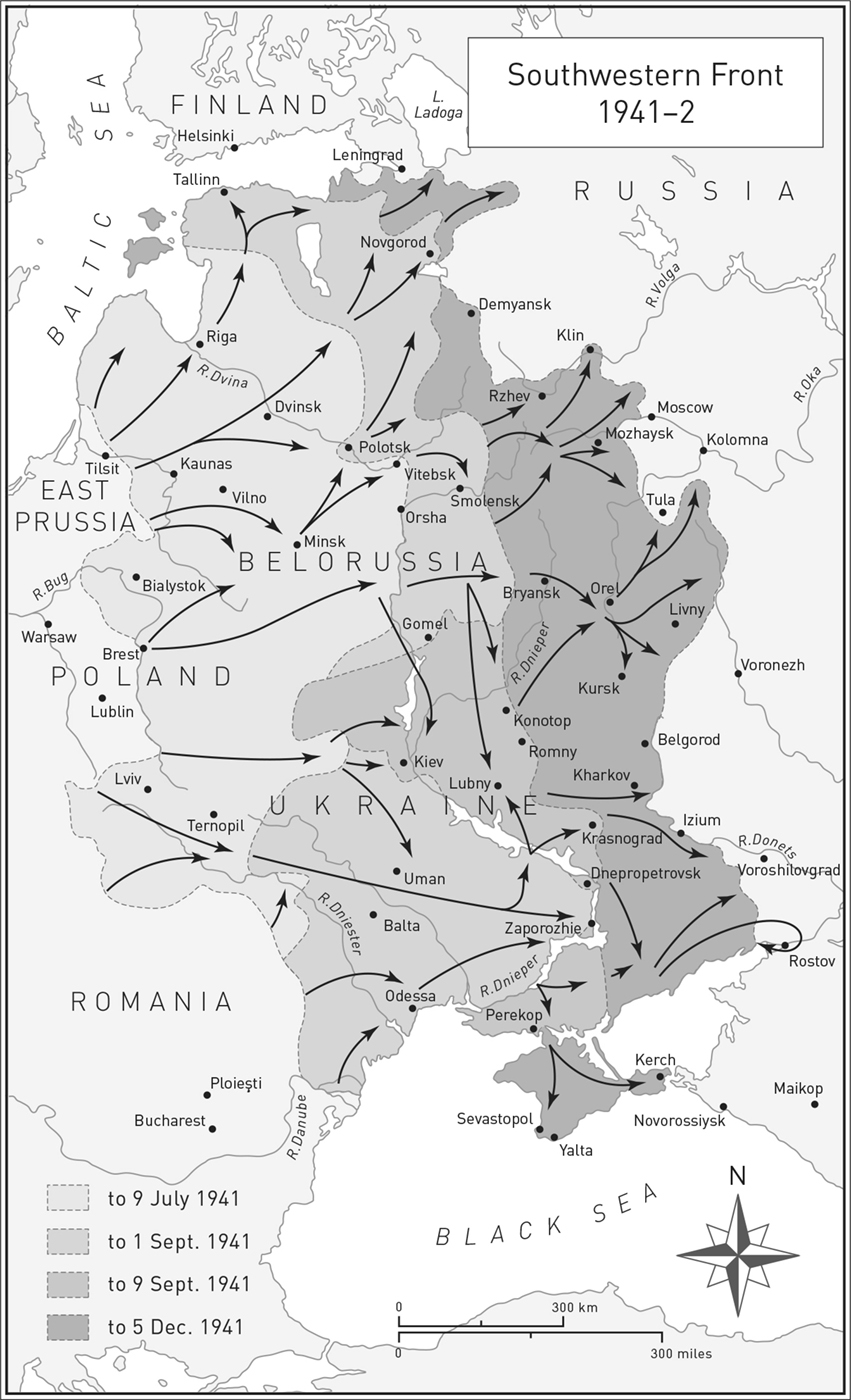
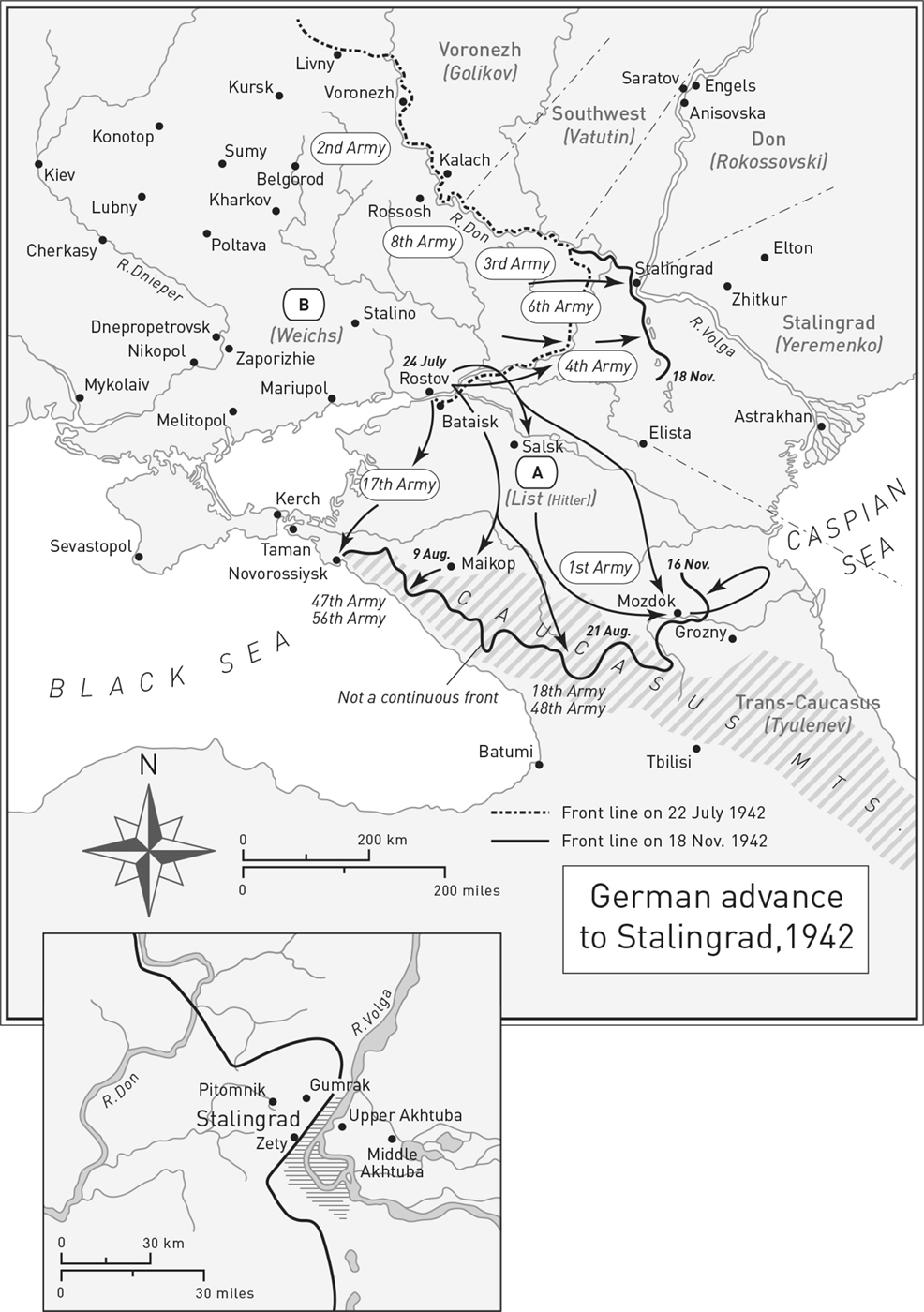
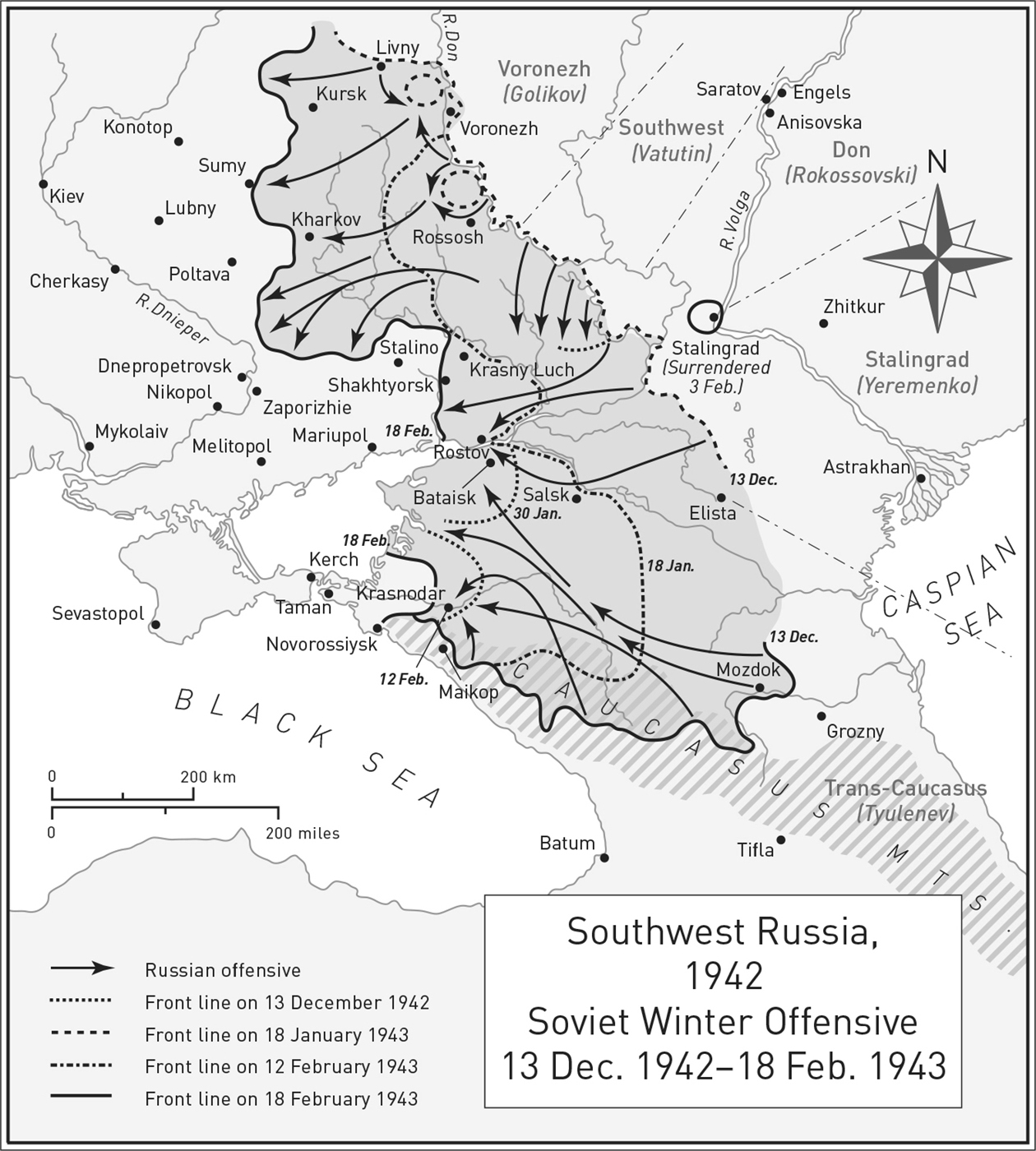
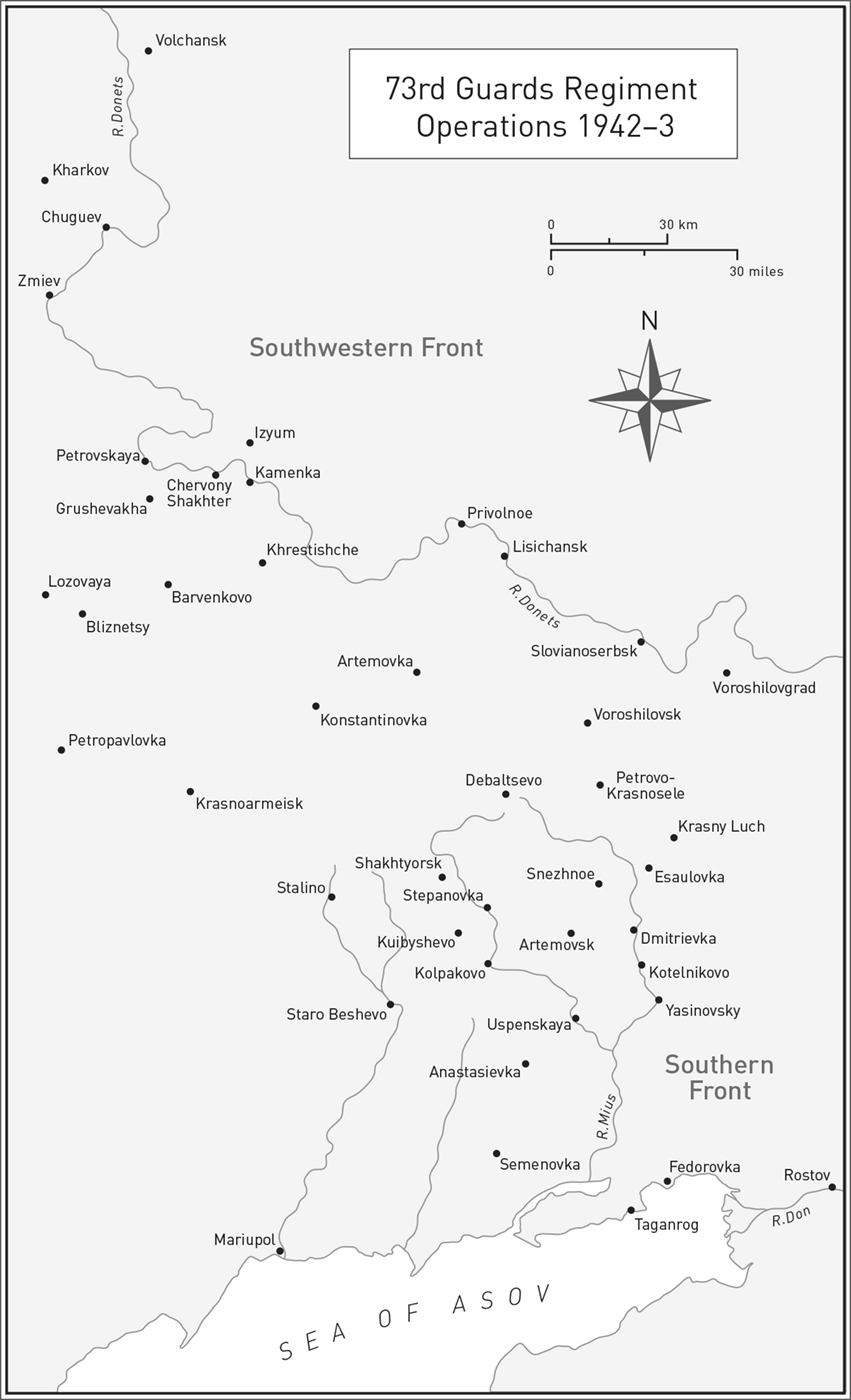
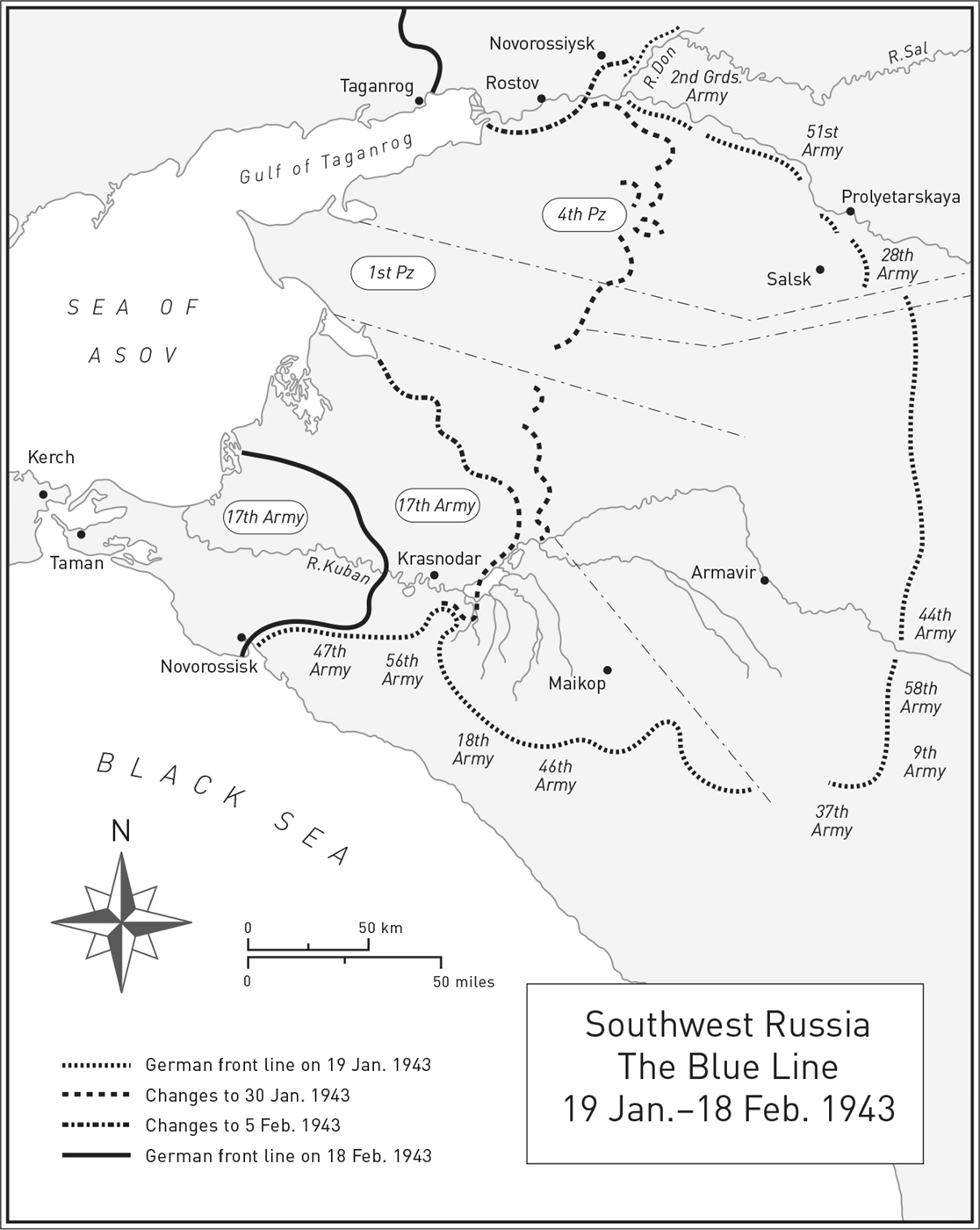

Contents
Antony Beevor
Defending the Motherland is the fascinating story of the female pilots who fought for the Soviet Union in the Second World War, a unique phenomenon in the history of modern conflict. Inspired by the intrepid aviators of the inter-war years, young women had flocked to join flying clubs in the 1930s. For many, their dream was to emulate the great Marina Raskova, a beautiful aviatrix and famous Soviet heroine, whom we soon discover was also secretly an officer in Lavrenty Berias dreaded N.K.V.D. secret police.
Following the Nazi invasion of June 1941, Raskova used her prestige and contacts in Moscow to form a group of three all-women aviation regiments in the autumn and winter of 1941. There was to be a fighter regiment, a night bomber regiment, and a long-range bomber regiment. Raskova was clearly a natural leader, and when she issued her call for volunteers, hundreds of young women from different walks of life traveled from all over the Soviet Union in the hope of being accepted. They were not downhearted when they found themselves issued with uniforms and greatcoats that were far too large and made them look ridiculous, nor even when handed Red Army underwear for men. They fashioned their own, ideally from German parachute silk.
Russian machismo did not pay much attention to Soviet theories of sexual equality. The girls, as they were always known, were mercilessly mocked and teased, yet they had far fewer crashes in training than any of the male units. Raskovas young women, most of whom were in their early twenties, had to prove themselves by being more skilled and more courageous than the men, yet male commanders remained deeply reluctant to allow them to engage in combat.
Raskovas little air army assembled in southern Russia at the large airbase outside Engels. Almost all her volunteers with flying experience wanted to become fighter pilots. Only the most experienced and intrepid were selected. Raskova commanded the long-range bomber regiment herself. Exploiting her contacts in the Soviet hierarchy once again, she managed to obtain the new Pe-2 dive bomber for her regiment although it was not an easy aircraft to fly. But perhaps the greatest courage was needed by the pilots and navigators of the night bomber regiment, which flew flimsy U-2 biplanes. Navigation in the dark, with only the most basic instruments, required a very cool head and their crews were not allowed parachutes until late in the war. Their main combat mission was to fly over enemy lines at night, switching off their engines to glide in like ghosts and drop small bombs. The Germans, on hearing that the pilots were women, dubbed them the Night Witches.
The stories of these courageous young women also tell us so much about Soviet society under Stalin. It is Lyuba Vinogradovas great achievement after so much research to have been able to assemble such a detailed picture of their lives, their hopes, their idealism and also their disappointments. I am not surprised since, having worked with her on and off for just on twenty years, I have seen how brilliant she is in archives, cleverly handling the dragons who guard them, and then, with her instinct for the telling description, spotting the nuggets which make all the difference to bringing the period to life. I greatly look forward to her next book, which will be on the young women snipers in the Red Army.
Next page
